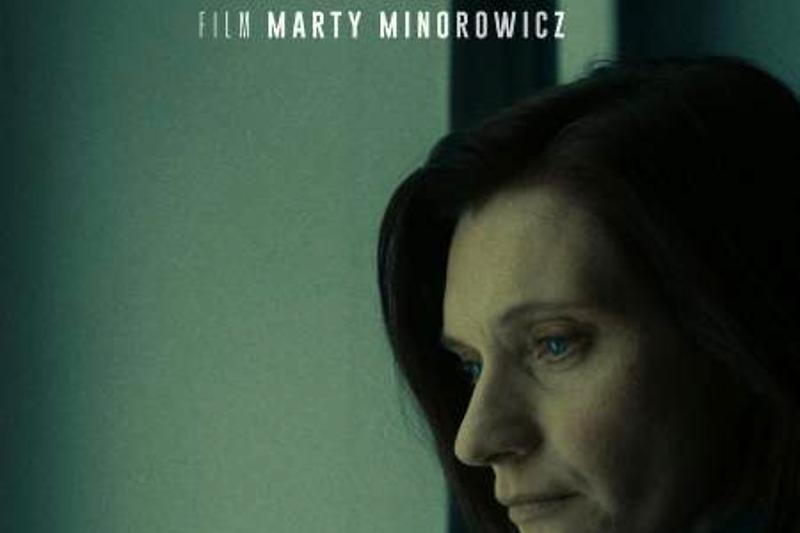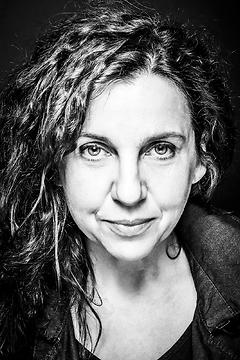
ILUZJA
ILLUSION

Shot in the Baltic Sea region near Gdynia, the film explores when despair tips into irrationality. Since the police, or so Hanna assumes, are not doing their job properly, she takes the search into her own hands. The boundaries between fact and fiction blur: was there really that button from her daughter's coat? How much hope can there be from the weirdos who keep calling and claiming to have seen the missing girl here and there? Does the police really not want to help her, or do they just want to get off work on time? And why is the belief in the supernatural gradually turning from a consolation into a lifeline? Perhaps Minorowicz's observation is applicable not only to a mother who has lost her daughter, but also to an entire society suffering from symptoms of despair. And facts bend in such a way that they no longer disrupt a worldview that is formed by the imperative that everything must remain “normal”. An illusion that leads Hanna to the brink of schizophrenia.
Text: Bernd Buder
Piotr Borkowski, Marta Minorowicz
Pawel Chorzepa
Leszek Starzynski

Marta Minorowicz - She graduated in Theatre Studies from the Jagiellonian University and she completed a documentary film programme at the Wajda School. Her documentary films, such as A Piece of Summer and Decrescendo,won numerous awards, including the Grand Prix at the Clermont-Ferrand International Short Film Festival, the Golden Dove at DOK Leipzig andthe Grand Prix at the Man in Danger Media Film Festival in Poland. Her feature-length documentary-fiction hybrid Zud was nominated for the Crystal Bear Award at the 2016 Berlin IFF (the Generation competition) and itreceived the Fathy Farag awardat the Cairo International Film Critics Week and a Special Mention at the Polish Film Festival in Gdynia in the Visions Apart section.